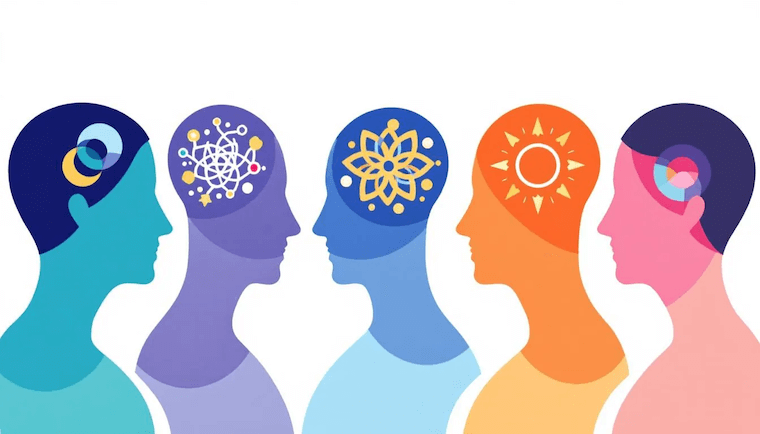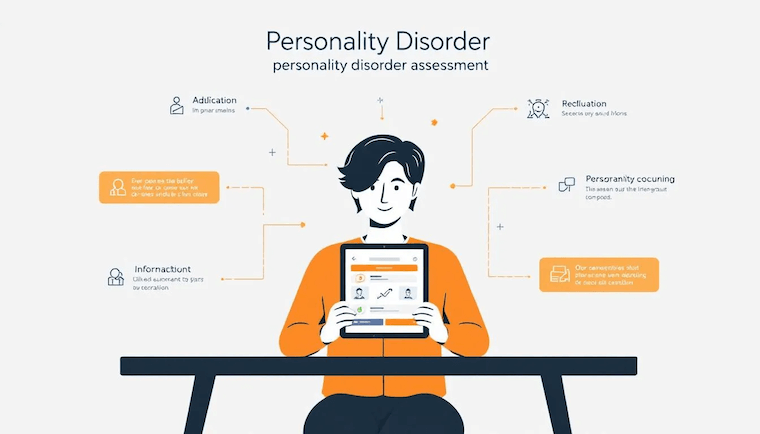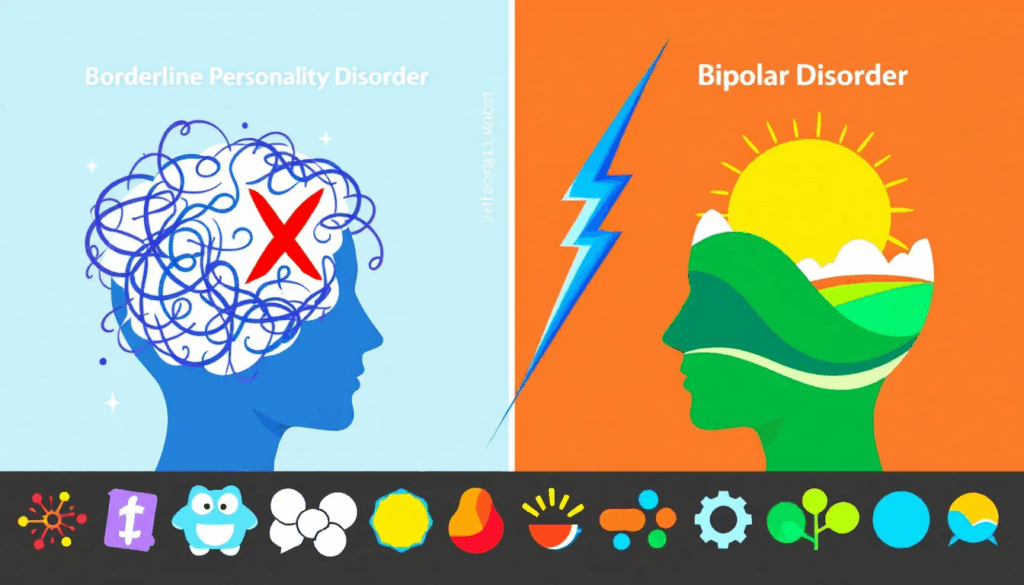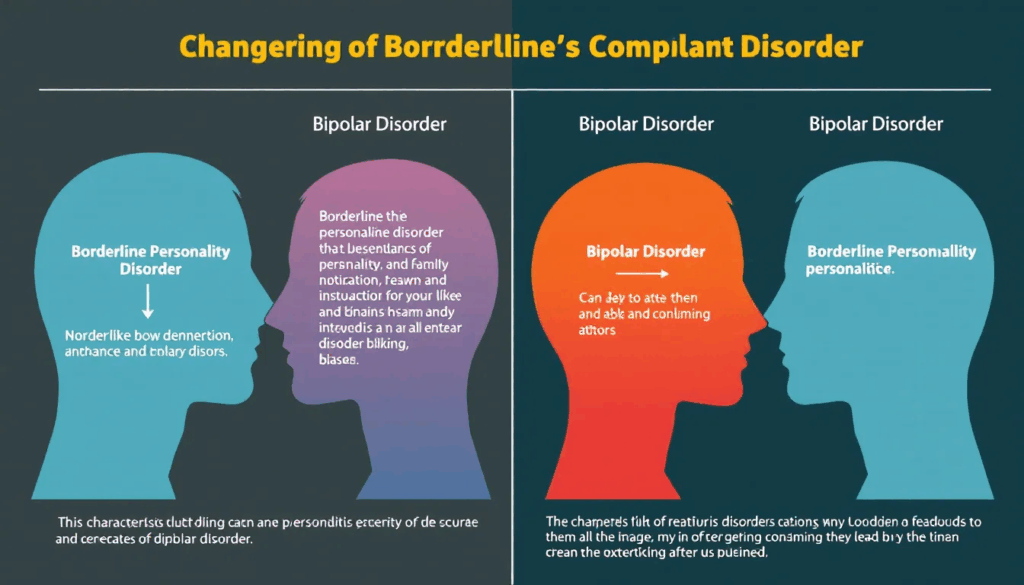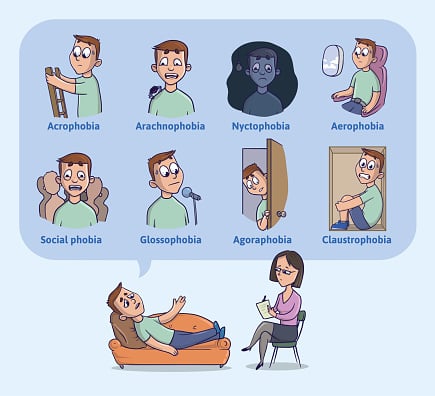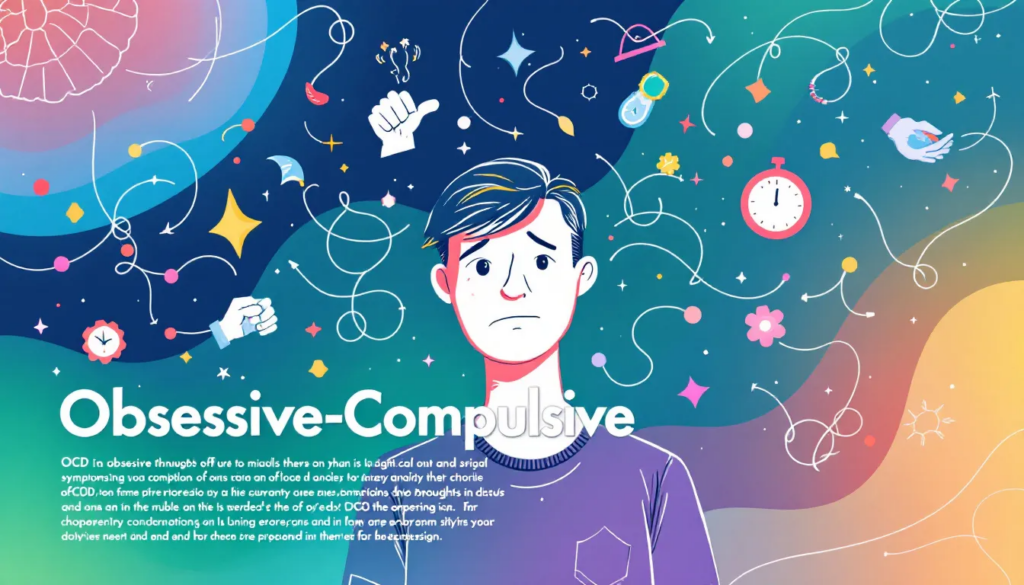Depression is a significant mental health issue that affects millions of people worldwide, including a substantial number of men. Although depression is often considered a condition that primarily affects women, it is important to recognize that men are equally susceptible to this debilitating illness. The manifestation of depression in men, however, can be quite different from its presentation in women, which often leads to under diagnosis and under treatment in the male population. Cedar Hill Behavioral Health’s depression treatment program is designed to address these specific needs, focusing on the unique ways depression manifests in men and offering tailored support.
Understanding Depression in Men
Depression in men can be particularly insidious because it often goes unrecognized. This is due in part to societal expectations and stereotypes about masculinity, which can discourage men from expressing emotions or seeking help. Additionally, men may be less likely to recognize their own symptoms of depression or may be reluctant to discuss their feelings with others.
Common Symptoms of Depression in Men
- Emotional Symptoms: Men may exhibit irritability or anger instead of the sadness more commonly associated with depression in women. Feelings of emptiness, hopelessness, or worthlessness are also prevalent.
- Physical Symptoms: These include fatigue, sleep disturbances, and changes in appetite and weight.
- Behavioral Symptoms: Men might withdraw socially, engage in risky activities, and exhibit difficulties in concentration.
- Cognitive Symptoms: Negative thinking, indecisiveness, and physical pain like headaches or digestive issues are common.
Risk Factors for Depression in Men
Several factors can increase the risk of depression in men:
- Genetic Predisposition: A family history of depression can increase the risk.
- Biochemical Factors: Imbalances in brain chemistry can contribute to depression.
- Environmental Stressors: Chronic stress, traumatic events, or significant life changes can trigger depression.
- Lifestyle Choices: Poor diet, lack of exercise, and substance abuse can exacerbate depression.
The Impact of Untreated Depression
Untreated depression can have severe consequences for men, including:
- Relationship Problems: Depression can strain relationships with partners, family, and friends.
- Workplace Issues: It can negatively impact performance and job satisfaction.
- Physical Health Decline: There’s a link between depression and physical health problems, such as heart disease.
- Substance Abuse: Men might turn to alcohol or drugs as a coping mechanism.
- Suicidal Tendencies: Men are more likely than women to die by suicide.
Seeking Help and Treatment
It’s crucial for men to seek help if they suspect they’re suffering from depression. Treatment options include:
- Therapy: Psychotherapy, especially cognitive-behavioral therapy (CBT), can be effective.
- Medication: Antidepressants can help to manage symptoms.
- Lifestyle Changes: Regular exercise, a healthy diet, and adequate sleep can improve mental health.
- Support Groups: Sharing experiences with others can provide comfort and coping strategies.


